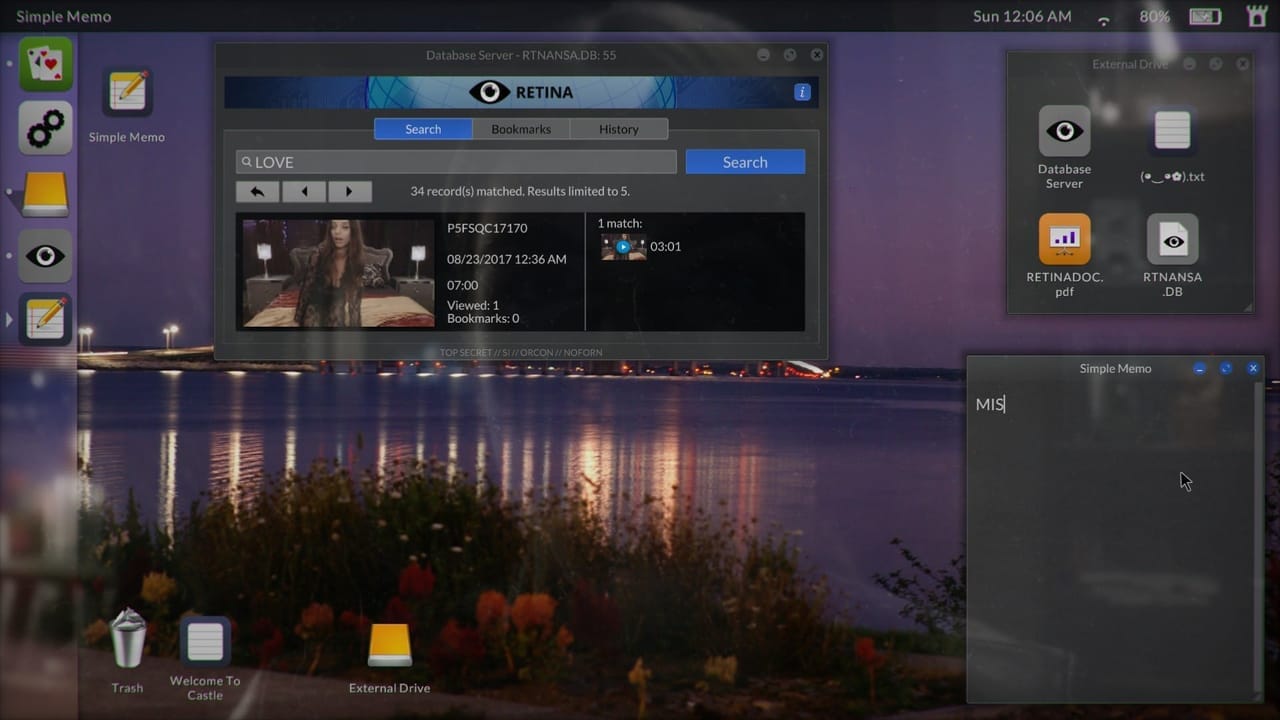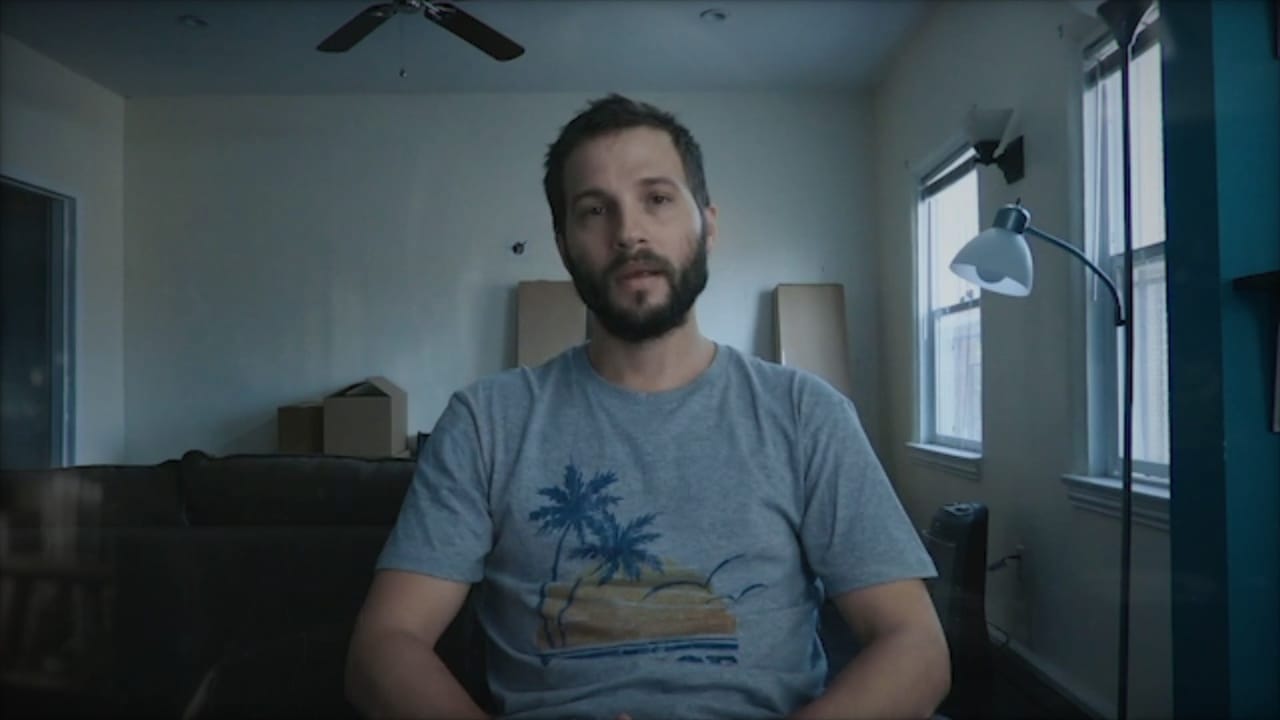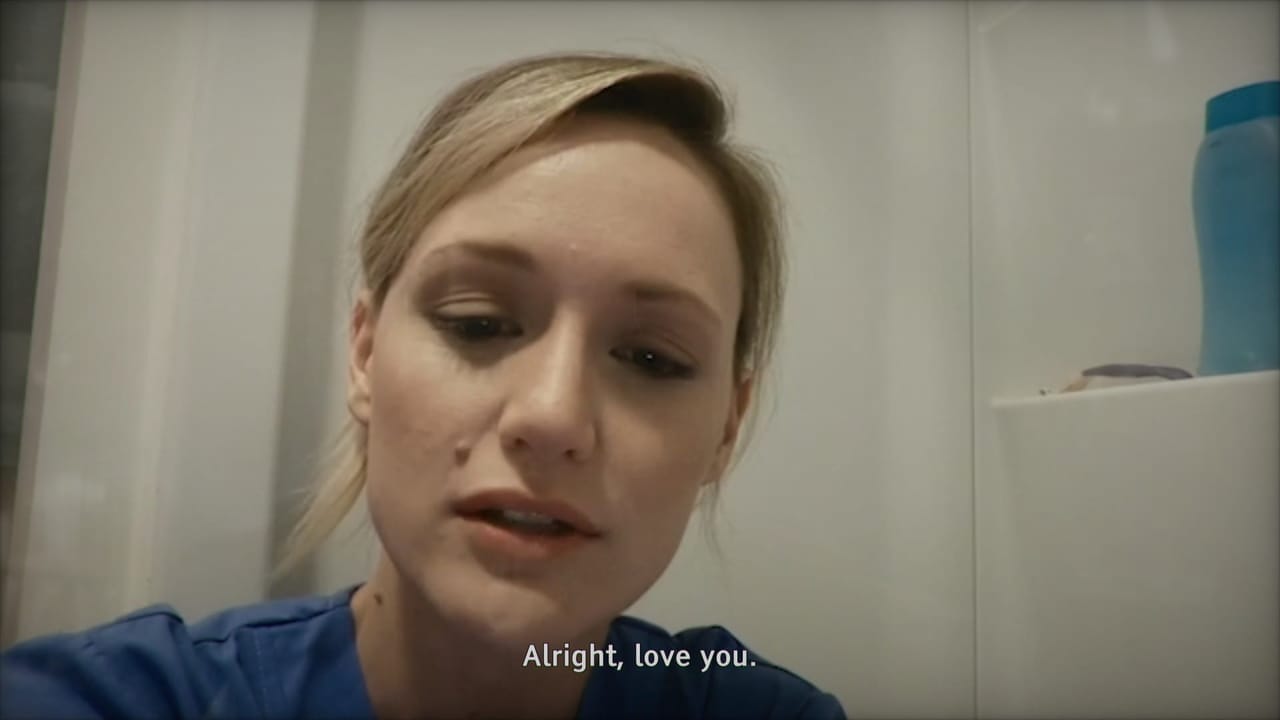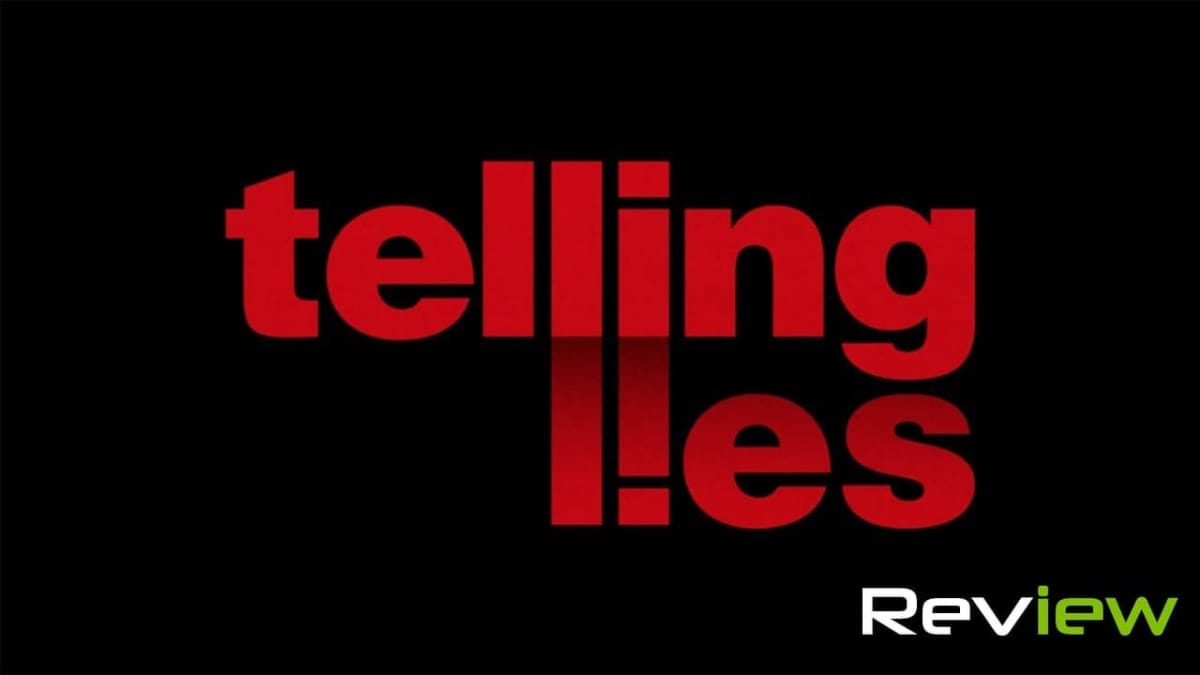New releases are constantly pushing the line between video games and movies. If it isn't David Cage stretching the boundaries of what counts as a game, the indie scene squeezes out walking simulators with almost no gameplay involved. FMV games were possibly the first that tried to blur that particular line. In that vein Telling Lies tries to make the distinction between the two even harder. Featuring an entire movie worth of video and actual gameplay it's hard to know which box to put it in. On the one hand, you actually have more work to do than simply wandering around to piece the story together. On the other, most of your time involves passively watching videos.
Telling Lies is something of a spiritual successor to Her Story, another FMV game made by Sam Barlow the developer of Telling Lies along with Furious Bee. In a very similar fashion to Her Story, the gameplay of Telling Lies involves using an archive of footage to piece together an ambiguous story. Unlike Her Story, however, Telling Lies doesn't have a strong start. The issue is that you don't have much direction. The opening video shows a woman entering her apartment, then you see a fake OS startup. Starting out you get a huge heap of clips to look through and pretty much have to figure it out from there.

The Gameplay In Telling Lies
The gameplay all takes place within the fake operating system. You can access a database indexing program, typing in keywords to find different clips. As you watch clips you learn new things to search for and slowly but surely piece together what is happening. You start off at around 12 am, and have until 5 am to discover as much as you can before you upload the files to a leaks database. In that time, you have free reign to dive into the huge wealth of video which comes packed with Telling Lies. Alternatively, playing solitaire is also an option if you like playing solitaire with one card missing.
Obviously, the main draw here is the story and characters. When you begin, you know nothing about any of the characters or what's really going on. The first time you log on, a keyword is already in place: LOVE. Pressing search will introduce you to the four characters of the principal cast. It's not altogether too hard to move forward, but the way you experience the story comes with a few issues. You mostly see conversations one side at a time, with no way of playing both sides next to each other. To a certain degree, this entices players into figuring out which keywords give you access to the other side. However, it would be nice to be able to watch them both next to each other once you've found them.

The UI Of Telling Lies
The UI also presents issues. While it is possible to fast forward and rewind clips, you can't scrub through them easily. When you search for a keyword you get bookmarks showcasing the exact moment keywords pop up. So, if you want to go back to the beginning of the clip, you have to rewind by click and dragging then holding down the button. While this would work fine on mobile devices, it's a massive pain for PC. It seems like rewinding is intentionally slow and tedious. Maybe so you can't start at the beginning of a clip which gives away too much information. The problem is that making something tedious feels more like bad game design than clever misdirection. It really should be up to the player to experience the story as they see fit.
The garbled way in which you experience the story of Telling Lies also comes with its own problems. The time limit combined with having to type in random keywords means that you might come across the bigger reveals right at the beginning, then have to run down the clock until the game finishes. This basically means that the pacing is all out of whack. Instead of coming across the climactic story reveal towards the end when it would have felt right, I ended up learning most of the important stuff at the halfway point. There were some important moments in the late-game which gave me small pieces of information. However, the game peaks hours before you finish a playthrough.

The Narrative Of Telling Lies
The story is the real meat of Telling Lies. It's hard to go into the narrative without ruining things. Suffice to say there was a fair amount of intrigue surrounding the plot and characters. There is infidelity, secrets and lies abound throughout most of the story. The problem is that it's only engaging once you discover most of what is happening already. At the start, with no direction or motivation clear, you basically bumble your way through half conversations. For the first two hours, I was having to stop myself from falling asleep. Most of the plot seemed to revolve around some guy who was getting into a relationship with some girl. Even when it turns out to be more than that it feels like some more direction would have been nice.
It's easy to say that those who don't like Telling Lies just aren't into the very niche style of gameplay. This follows Her Story, one of my favorite indie games of 2015. The intrigue of piecing together a story from police interviews worked because the player knew their motivation. You have a crime to focus on, discovering new clips by figuring out keywords to search for. While keeping the players' motivation a secret until the end might make for an interesting reveal, it also means that we have no idea what we're looking for at the start. Turning the first two hours into a long hard slog.

Telling Lies | Final Thoughts
The last point of contention is the endings. When you finish scanning video footage, your character uploads it and then get one of three epilogues. These epilogues each tell the story of one of 3 of the characters after it's all over. Don't fool yourself into thinking that there are actually three different endings. What it has is one ending no matter what you do, and three different epilogues. The different epilogues change nothing about the ending. They just give you more information about what happened to the character you spent the most time with. So if you want the whole story you need to play the game three times. As attempts at injecting replayability go, this one seems misguided.
I don't want people to go away with the impression that Telling Lies is a bad game. The story is intriguing and the characters all have interesting backstories to discover. Bored? Play the world's most frustrating game of solitaire! The problems in the game are very personal, and there's a good chance that they won't even bother you. However, the clunky video controls and the lack of direction in the opening hours really killed it for me personally. Don't be surprised if you feel like giving up before the plot really gets going. Or if you discover the interesting stuff well before the game is even close to finishing.
TechRaptor reviewed Telling Lies on PC via Steam with a code provided by the publisher.
Review Summary
Pros
- Compelling Plot.
- Interesting Characters.
Cons
- Clunky Video UI.
- Broken Up Epilogue.
- Lack Of Motivation Or Direction.
Have a tip, or want to point out something we missed? Leave a Comment or e-mail us at tips@techraptor.net









